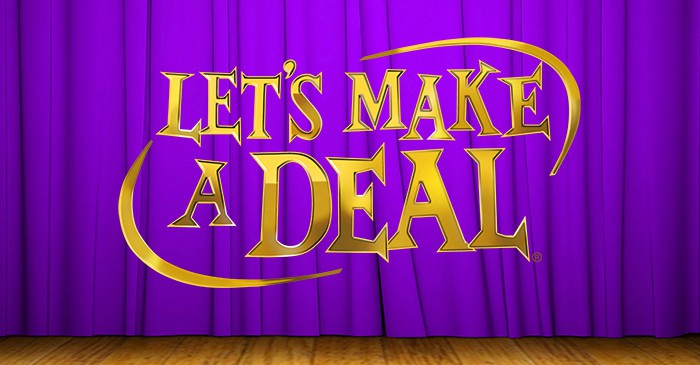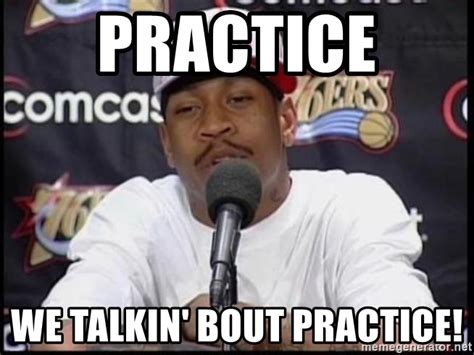Activity: Let’s Make a Deal! Human Intuition vs. Empirical Reasoning
This activity utilizes an online Java applet to demonstrate the limitations of human intuition and the need for empirical reasoning when studying psychological phenomena. Click here for the activity
Activity: Let’s Make a Deal! Human Intuition vs. Empirical Reasoning Read More »









